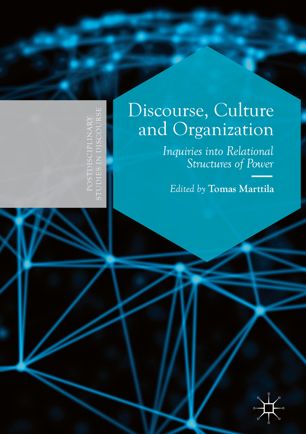

Most ebook files are in PDF format, so you can easily read them using various software such as Foxit Reader or directly on the Google Chrome browser.
Some ebook files are released by publishers in other formats such as .awz, .mobi, .epub, .fb2, etc. You may need to install specific software to read these formats on mobile/PC, such as Calibre.
Please read the tutorial at this link: https://ebookbell.com/faq
We offer FREE conversion to the popular formats you request; however, this may take some time. Therefore, right after payment, please email us, and we will try to provide the service as quickly as possible.
For some exceptional file formats or broken links (if any), please refrain from opening any disputes. Instead, email us first, and we will try to assist within a maximum of 6 hours.
EbookBell Team

4.1
50 reviewsThis edited volume brings together leading international researchers from across the social sciences to examine the theoretical premises, methodological options and critical potentials of the Essex School of discourse analysis, founded on the work of Ernesto Laclau and Chantal Mouffe. In doing so, it presents a clear picture of a poststructuralist and post-foundational research program to postdisciplinary discourse research. Divided into three parts, it begins by elaborating the ontological, theoretical and methodological foundations of the Essex School’s approach to discourse analysis. The second part provides empirical case studies showing how the Essex School research program informs and instructs empirical discourse research. In the concluding third part authors explain how and with what possible consequences this strand of discourse research contributes to social practices of critique. It offers a crucial contribution to the further methodologization and operationalization of the Essex School’s approach so as to make it a viable alternative to discourse-analytical approaches that take dominant positions in today’s ‘field of discourse studies’. The book's transdisciplinary focus will attract readers who use discourse analysis in all areas of the social sciences and humanities, particularly applied linguistics, cultural anthropology, sociology, philosophy and history.